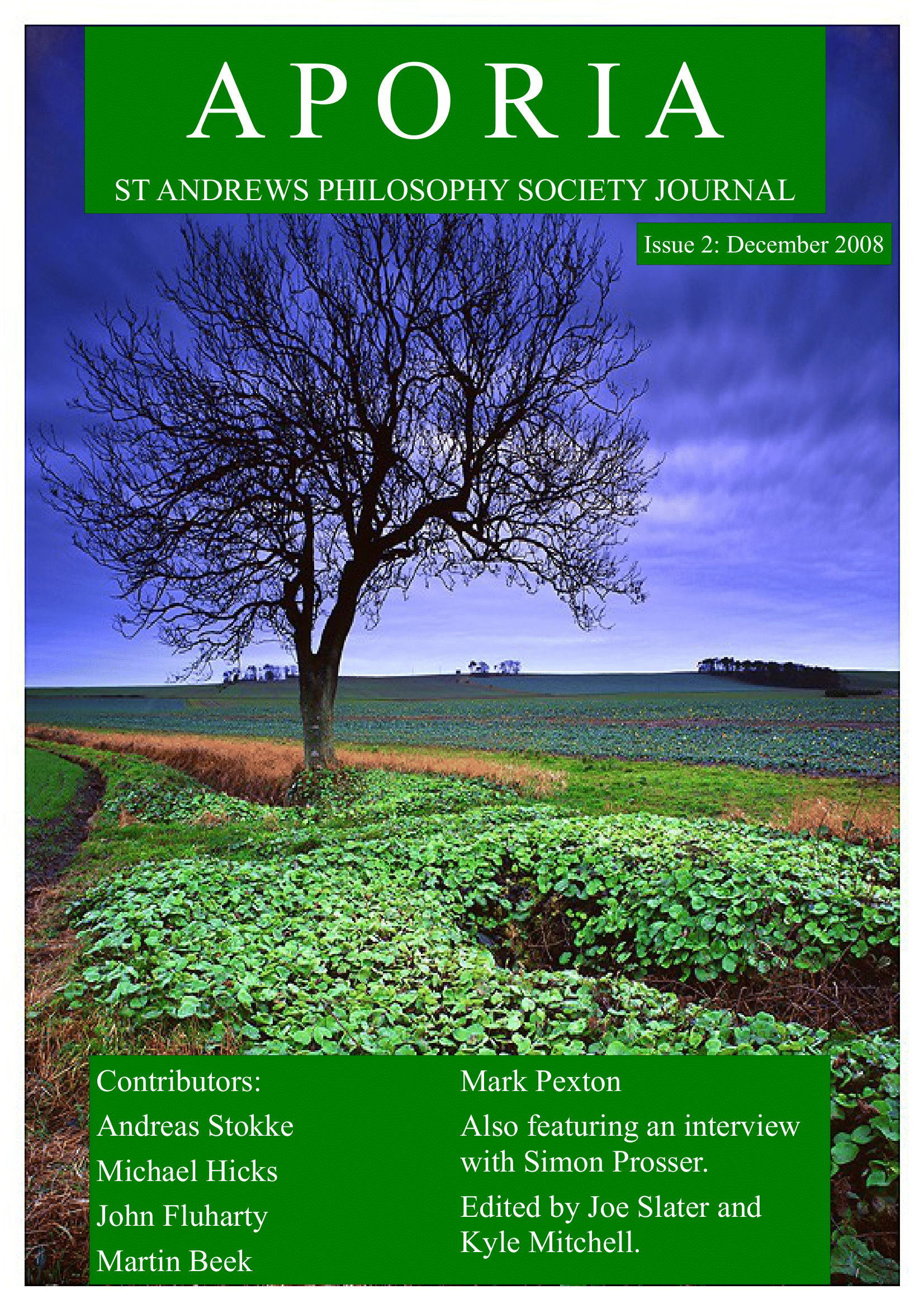Is It Reasonable For ‘Art’ To Have No Definition?
Main Article Content
Abstract
The concept ‘art’ has no definition. It is open to interpretation and change; what is constituted as art is based on a range of rational reasons, contextually different between individuals and situations. I will show that Wittgenstein’s theories about aesthetics (different from family resemblances) were on the right path, and that Morris Weitz’s open concept view was flawed, but can be revived by cluster accounts, such as Berys Gaut’s. However, I will also show that Gaut was mistaken to give set criteria that constitute a highly disjunctive concept (definition) of art, but that rational reasons in an epistemic field can provide individual concepts of art, allowing for an explanation to the vagueness in defining art. Thus, I shall begin with the anti-essentialists and move onto cluster accounts, finally finishing with a reason-based cluster account of art.
Article Details
Author's retain copyright, but give their consent to Aporia to publish their work.

